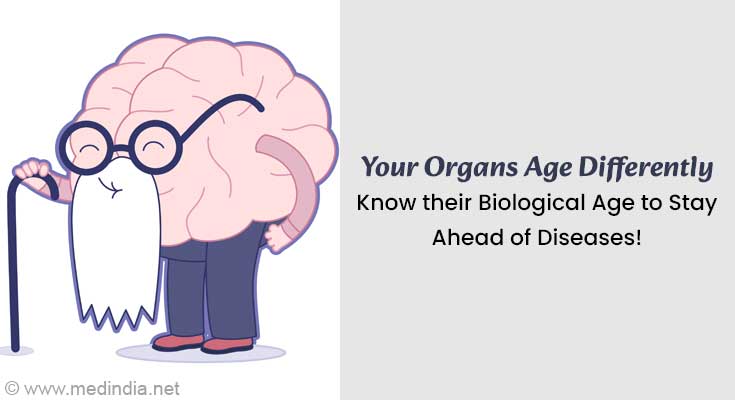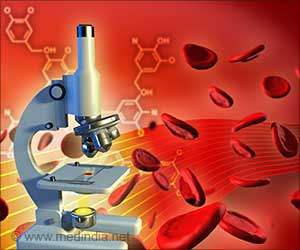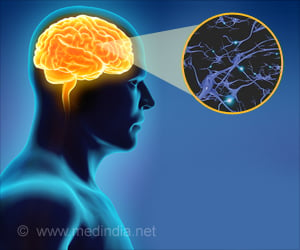Accelerated organ ageing can predict future health risks, paving the way for early interventions and personalized healthcare.
- A blood test can assess the biological age of organs to predict health risks
- Rapid organ ageing is linked to diseases like heart disease, lung cancer, and dementia
- Advanced blood biomarkers could revolutionize early disease detection and prevention
Proteomic organ-specific ageing signatures and 20-year risk of age-related diseases: the Whitehall II observational cohort study
Go to source). The study, published in The Lancet Digital Health, demonstrates that accelerated ageing in specific organs can not only predict diseases affecting that organ but also signal risks for illnesses across the body.
A single blood test can reveal your organs’ biological age and predict your future disease risks! #healthyaging #medindia’
New Approach to Monitoring Organ Age
Lead researcher Professor Mika Kivimaki from UCL’s Faculty of Brain Sciences explains that while the body functions as a system, each organ can age differently. Identifying early signs of accelerated ageing could allow healthcare providers to intervene before diseases take hold. A quick blood test might one day help tailor preventive healthcare strategies to an individual’s risk profile, shifting the focus from treatment to early intervention.The research team, which included experts from UCL, Stanford University, Inserm, and the University of Helsinki, analyzed data from the British Whitehall II study, a long-term research project following participants since 1985. Using blood samples from over 6,200 middle-aged individuals, the team assessed the biological ageing of nine major organs: the heart, blood vessels, liver,
By comparing an individual’s actual age with the estimated biological age of their organs, the researchers discovered that organ ageing rates varied significantly. Participants’ health was monitored over two decades, revealing that accelerated organ ageing was linked to an increased risk of 30 different diseases, even in initially healthy individuals.

How Different Organs Influence Disease Risk
The study found compelling associations between rapid organ ageing and various diseases:- Heart Ageing: Increased risk of cardiovascular conditions.
- Lung Ageing: Higher susceptibility to chronic obstructive pulmonary disease (COPD), respiratory infections, and lung cancer.
- Immune System Ageing: Surprisingly, the strongest predictor of dementia, highlighting a connection between immune health and neurodegenerative diseases.
- Kidney Ageing: Strongly linked to vascular disease, type 2 diabetes, and liver disorders. Additionally, nearly all other rapidly ageing organs increased the risk of kidney disease.
Role of Advanced Blood Testing in Predicting Ageing
Historically, assessing organ health through blood biomarkers was a slow and costly process. However, advances in proteomic (protein-based) analysis now allow thousands of proteins to be measured simultaneously from a single blood sample. These proteins change in response to lifestyle, environmental factors, medications, and diseases, making them valuable indicators of biological ageing.By identifying unique proteomic signatures of ageing for each organ, healthcare providers could potentially predict disease risks much earlier. This would enable more targeted and personalized preventive care, improving overall health outcomes.
Professor Kivimaki believes that this research paves the way for a shift in medical care, focusing on proactive disease prevention rather than just treatment. Future blood tests could help individuals monitor the health of specific organs and make lifestyle adjustments accordingly. Such early-warning systems could revolutionize how ageing-related diseases are managed, ensuring people stay healthier for longer.
Reference:
- Proteomic organ-specific ageing signatures and 20-year risk of age-related diseases: the Whitehall II observational cohort study - (https://www.thelancet.com/journals/landig/article/PIIS2589-7500(25)00006-8/fulltext)
Source-Medindia












